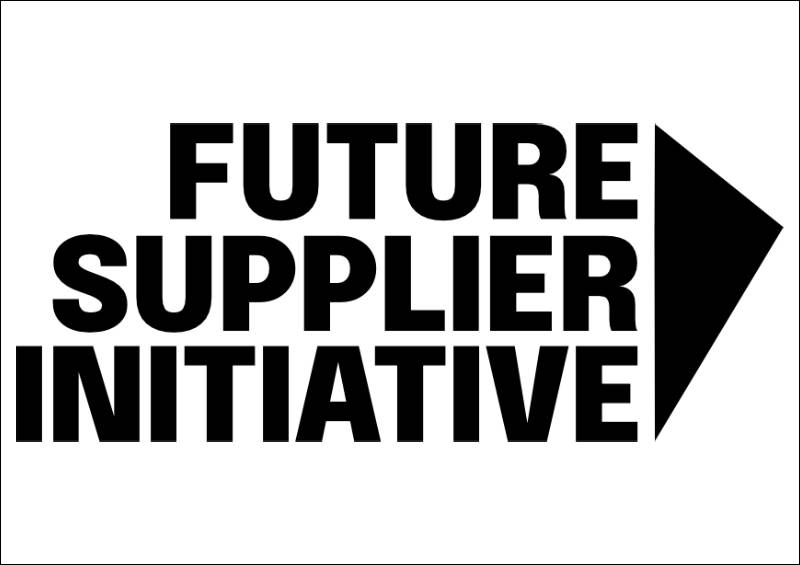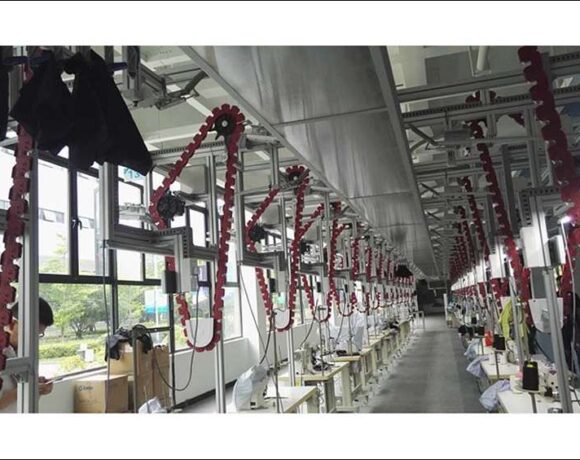Fashion Pact’s Future Supplier Initiative Boosts Apparel Decarbonisation

The Future Supplier Initiative, led by The Fashion Pact in collaboration with the Apparel Impact Institute, Guidehouse, and DBS Bank, introduces a pioneering collective financing model aimed at driving deep decarbonisation within the global apparel sector. With an overwhelming 99% of fashion brand emissions originating in the supply chain (Scope 3), this initiative focuses on supporting Tier 1 and 2 garment and textile factories in transitioning to renewable energy sources.
This brand-agnostic initiative seeks to accelerate the industry’s shift towards net zero by sharing financial risks and responsibilities associated with adopting sustainable practices. It aims to facilitate the achievement of Science Based Targets (SBTs) while fostering an ecosystem of technical and financial support for suppliers. By leveraging partnerships and reducing the cost of capital for decarbonisation projects, the initiative addresses barriers like lengthy payback periods for investments in renewable energy and energy-efficient technologies.
Eva von Alvensleben, Executive Director of The Fashion Pact, emphasizes the urgency of collective action in addressing climate change within the fashion industry. She highlights the initiative’s role in bridging the gap between ambition and action, stressing the need for shared efforts to achieve meaningful progress.
Leading fashion brands including Bestseller, Gap Inc., H&M Group, and Mango have voiced their commitment to the initiative, underscoring its potential to drive transformative change. They cite the initiative’s capacity to facilitate joint solutions and accelerate sustainable practices across global supply chains.
The initiative is set to commence with a pilot program in Bangladesh, supported by initial partners, before expanding to other key manufacturing regions such as Vietnam, India, China, Italy, and Turkey. In its first year, the initiative will prioritize high-impact factories, develop technical proposals, and optimize lending mechanisms to ensure successful project implementation and climate impact monitoring.
By scaling up participation and expanding geographical reach, the Future Supplier Initiative aims to enable brands and suppliers to achieve ambitious climate targets by 2030, marking a significant step towards a more sustainable and resilient fashion industry globally.















